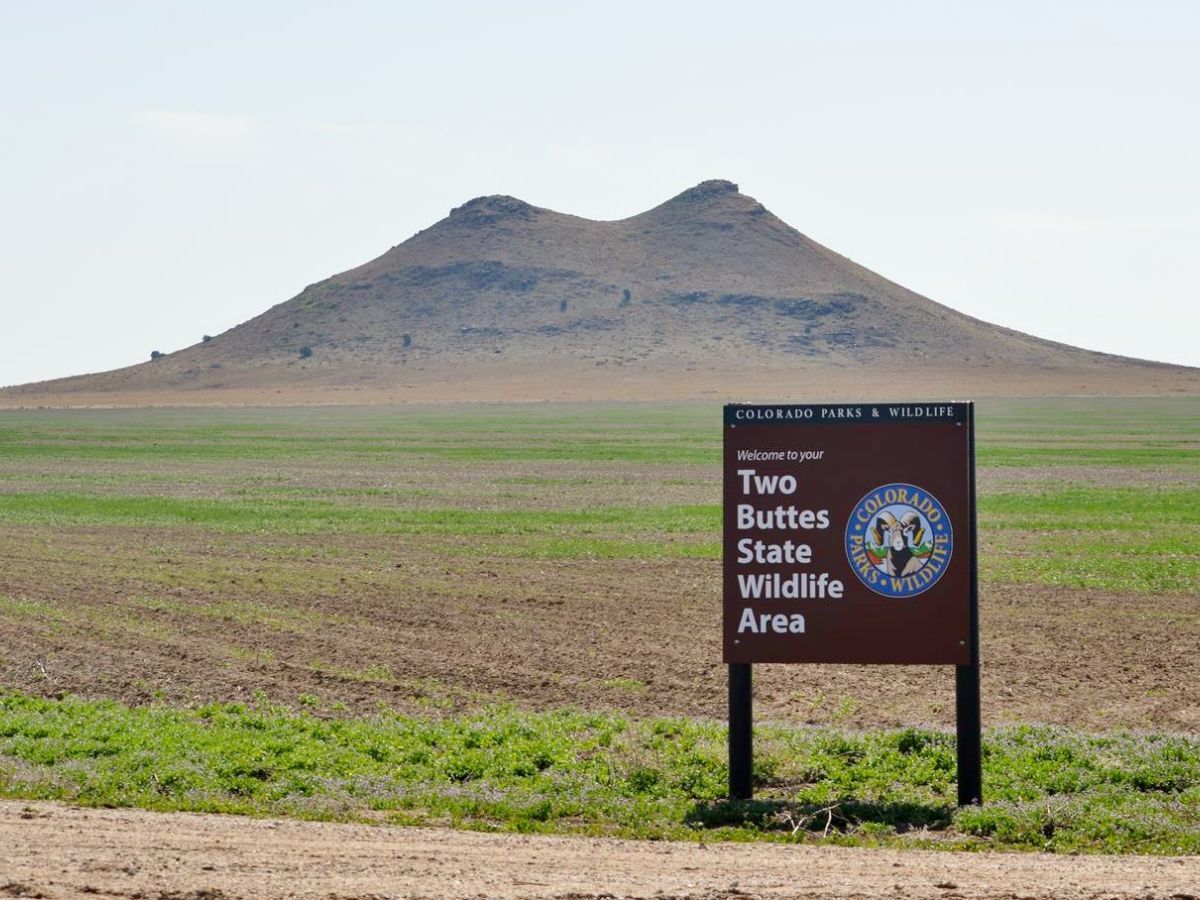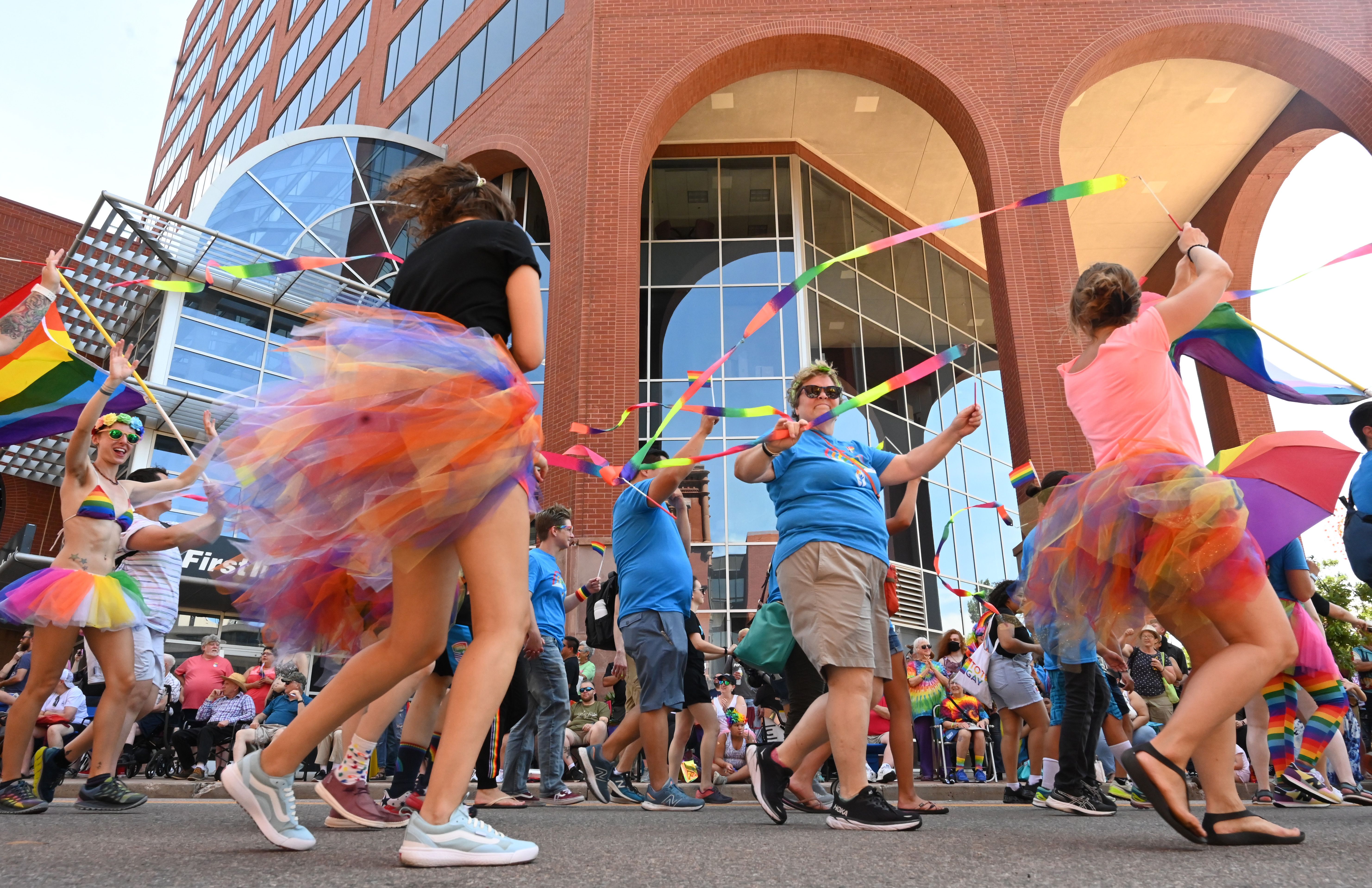Colorado offers ‘natural’ and ‘green’ burial options
Editor’s note: This story has been edited to clarify the new Colorado law concerning human composting.
“Dust you are,” God told Adam in Genesis 3, “and to dust you will return.”
Now, a 2021 Colorado law that allows human composting is giving people more options for “green” and “natural” burials that return bodies to the earth instead of embalming them and burying them in expensive metal vaults.
Emily Miller, who managed three traditional funeral homes in the Denver suburbs, opened the 80-acre Colorado Burial Preserve last year in Florence. It claims to be the state’s “first dedicated green cemetery.”
Miller says she became aware of the need for natural burial in 2019 after a Denver family asked her to help them fulfill their father’s request that he be buried in a meadow with a view of the Rocky Mountains. At the time, she could find no one who could fulfill the request.
“I realized that a significant portion of the population was increasingly open to environmentally friendly burial,” she said. “It was an entrepreneurial moment. I saw a need in the marketplace.”
Miller, who studied religion before attending mortuary college, says her understanding of theology allows her to “help people thru dark time.” Her religion studies also gave her an “immediate emotional connection” to natural burial.
“Some faiths and cultures have been doing this forever,” she says.
But some faith groups oppose natural burial.
Mortality and morality
Traditionally, disposing of human remains has meant replacing the deceased’s blood with embalming fluid and encasing the remains in a casket or vault, resulting in what one critic called “toxic sludge.”
Embalming became common during the Civil War when bodies of dead soldiers needed to be transported long distances and has remained the go-to approach ever since.
Cremation uses fossil fuels to burn bodies at high temperature, generating the greenhouse gas CO2 and leaving some 5 pounds of ashes or “cremains.” More than half of bodies are now cremated in the U.S., double the figure two decades ago, according to The Washington Post.
Hinduism prescribes cremation, and many Buddhists favor the procedure because Buddha was cremated, but Islam forbids it. Most Protestant groups place no restrictions on cremation, but Orthodox Christians forbid it, and Mormons oppose it because of concerns over damage done to the bodies that will eventually be resurrected. The Catholic Church opposed the procedure until 1963.
Other options newly available to Coloradans include:
• Alkaline hydrolysis, or “water cremation,” or “aquamation,” which uses water and an alkaline solution of potassium hydroxide to dissolve the body. South African Bishop Desmond Tutu chose aquamation.
• Natural organic reduction, or human composting, is legal in Colorado, Washington and Oregon. The body is placed in a reusable vessel along with wood chips or other organic materials, producing some 50 pounds of fertile soil that people can use.
• Green or natural burials place the body directly in the ground, surrounded only by a simple wooden casket or cloth shroud.
These options are catching on with people who prefer the lower costs and lower impact on the environment. Some also cite spiritual beliefs or a desire to have a more personal connection with their deceased loved ones.
“Natural burial is actually what we would say is the closest we can come to the way Christ was buried,” said one theologian.
The Catholic Church opposes human composting. The Colorado Catholic Conference says “the human body is sacred and the dignity of the human person is the foundation of a moral society.” Catholic theologian George Weigel wrote, “If we’re just fertilizer, why should we be valued in life and cherished in death?”
But Miller says green burial respects person’s body as much, if not more, than embalming or cremation.
“The Bible says ashes to ashes and dust to dust,” she says. “Natural burial does that.”
Colorado Burial Preserve in Florence is touted as the state’s “first dedicated green cemetery.”
Colorado Burial Preserve in Florence.
Emily Miller opened the 80-acre Colorado Burial Preserve last year in Florence.
A natural burial gravesite at Colorado Burial Preserve in Florence.
Plots at Colorado Burial Preserve in Florence.








